The diet of a person diagnosed with Attention Deficit Hyperactivity Disorder (ADHD) should prioritize the stability of blood sugar levels, the provision of important nutrients for brain health, and the reduction of potential dietary triggers that may exacerbate ADHD symptoms.
Despite the fact that there is no one solution that works for everyone, the following are top 3 food categories for ADHD dietary recommendations that may be helpful for people who have ADHD:
Optimal Macro-molecular Composition
Optimum Macromolecular Composition in in top 3 food categories for ADHD refers to the ideal balance of macronutrients in a person’s diet to support general health and well-being. The term “macronutrient” refers to the huge amounts of certain nutrients that the body needs in order to function. Macronutrients can be broken down into three categories:
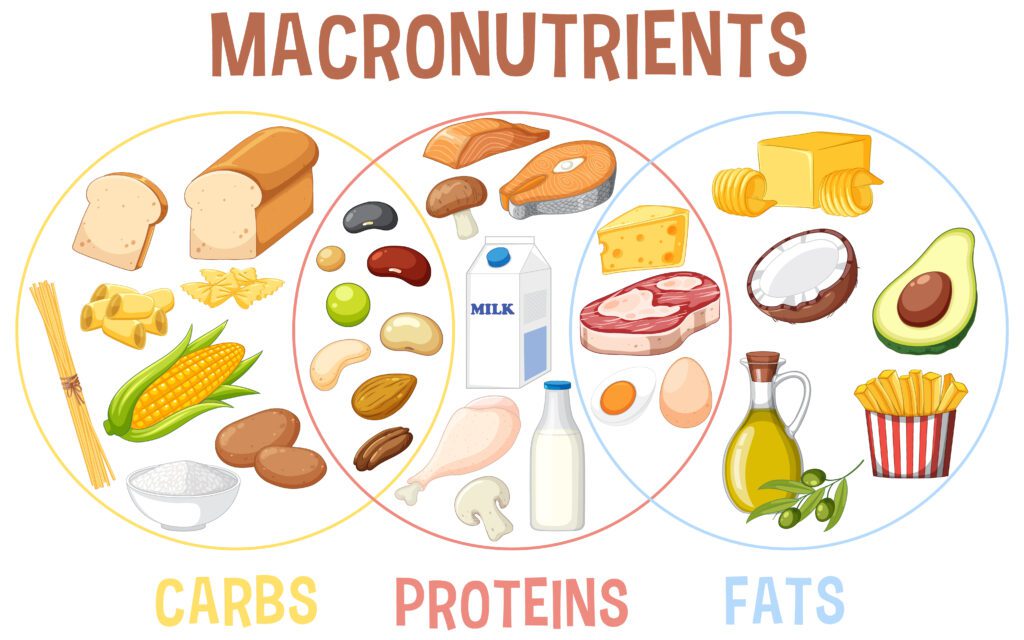
Protein
Protein is the core when we we talk about top 3 Food Categories for ADHD. When planning meals, look for lean protein sources such as poultry, fish, lean meats, tofu, and beans. Incorporate these into your diet. Protein contributes to the maintenance of stable blood sugar levels and is a source of important amino acids, both of which are necessary for proper neurotransmitter function. Below are some recommendations for high protein food
For Vegetarians
- Beans: Black beans, kidney beans, and pinto beans, lentils, chickpeas, and peas are all fantastic plant-based protein sources that come from the legume family.
- Tofu and tempeh: Both soy-based products are quite versatile and may be used in a wide variety of cooking applications; in addition, they contain a significant quantity of protein.
- Nuts and Seeds: Nuts and seeds like almonds, peanuts, walnuts, sunflower seeds, chia seeds, and flaxseeds are all options that are high in protein and also provide healthy fats.
- Dairy Products: Greek yogurt, ordinary yogurt, and low-fat cheese all include protein in addition to other essential nutrients.
Quinoa: An excellent source of fiber, vital amino acids, and protein, and it also has a comparatively high protein content compared to other whole grain
For Non-Vegetarians
- Lean Meats: Chicken, turkey, lean cuts of beef, and pork are rich in protein and low in saturated fats when prepared without excessive frying or added fats.
- Fish: Fatty fish like salmon, mackerel, trout, and lean fish like cod and tilapia are great sources of protein and omega-3 fatty acids.
Seafood: Shrimp, crab, and other seafood options are also protein-rich choices. - Eggs: Eggs are a versatile and easily accessible source of protein for non-vegetarians.
- Dairy Products: Milk, including skim or low-fat versions, and cheese can be part of non-vegetarian diets as well.
- Processed Meats(in moderation): Some non-vegetarian diets include processed meats like lean ham, turkey slices, or roast beef for convenience. However, it’s essential to choose options without additives or excess sodium.
It is important to keep in mind that maintaining a healthy and balanced diet is essential; accordingly, including a wide variety of protein sources in one’s diet, regardless ofwhether they are vegetarian or not, can supply the essential nutrients for the treatment and management of ADHD symptoms. When arranging meals for someone who has ADHD, it is important to take into account the person’s specific preferences, as well as any dietary limitations or allergies they may have. When looking for individualized dietary suggestions, it is best to seek the advice of a healthcare professional or a qualified dietitian. This will allow for the most effective management of ADHD symptoms.
Complex Carbohydrates
Complex Carbohydrates and another essential in top 3 Food Categories for ADHD. Choose whole grains like brown rice, quinoa, oats, and whole wheat bread if you’re looking for complex carbohydrates. Complex carbohydrates give a steady release of energy, reducing the spikes and troughs in blood sugar that can interfere with concentration and mood.
Whole Grains:
- Whole wheat bread / Whole grain pasta
- Brown rice
- Quinoa
- Oats (e.g., oatmeal) / Millet / Barley
Legumes:
- Lentils
- Chickpeas
- Black beans / Kidney beans /Pinto beans
Starchy Vegetables:
- Sweet potatoes
- Potatoes (especially with the skin)
- Butternut squash
- Pumpkin
Fruits:
- Apples
- Bananas
- Berries (strawberries, blueberries, raspberries)
- Oranges
- Pears
Whole Grain Cereals and Snacks:
- Whole grain cereal flakes (e.g., bran flakes)
- Muesli
- Popcorn (without excessive butter or salt)
- Whole grain crackers
Nuts and Seeds:
- Almonds
- Walnuts
- Chia seeds
- Flaxseeds
- Sunflower seeds
Simple carbs (such as sugary snacks and white bread), on the other hand, can contribute to energy dumps and variations in blood sugar levels. Complex carbohydrates, on the other hand, provide a source of energy that is more steady and consistent than simple carbohydrates. When it comes to those who have ADHD, keeping their blood sugar levels consistent can potentially aid with the management of their symptoms.
Nevertheless, it is essential to keep in mind that although nutrition might play a part in the management of ADHD symptoms, it is not a cure in and of itself. In addition to the various strategies, such as medicine, therapy, and alterations to one’s way of life, which may be prescribed by a medical professional, one should make sure to eat a healthy, well-balanced diet.
In addition, individual responses to meals might vary, which is why it is vital to pay attention to how particular foods affect the symptoms that you or a loved one is experiencing and to collaborate with a healthcare professional or nutritionist to build a personalized diet plan.
Healthy and Good Fat Source
Omega-3 fatty acids and another important category in top 3 Food Categories for ADHD. You should Include foods that are rich in omega-3 fatty acids, such as salmon, walnuts, flaxseeds, and chia seeds in your diet. Healthy fats. Omega-3 fatty acids are critical to maintaining healthy brain function and may also aid in boosting attention and cognitive ability.
For Vegetarians
- Fruits and Vegetables:
- Almonds and Walnuts
- Chia Seeds, Flax Seeds, Hemp Seeds
- Avocado: fruit that has several uses and is high in monounsaturated fats.
- Olive Oil: The Mediterranean diet revolves heavily around the consumption of extra virgin olive oil.
- Coconut Oil: MCTs are found in coconut oil, which is controversial due to the fact that it also includes short-chain triglycerides.
- Dark Chocolate: If it has a high cocoa content, dark chocolate can be a good source of healthful fats for vegetarians and vegans.
- Nut Butter: There are a variety of nut butter available, including peanut butter, almond butter, and others.
- Cheese: Certain types of cheese contain lipids that are good for you. Cheese is suitable for inclusion in the diet of vegetarians who also consume dairy product
For Non-Vegetarians
- Eggs: Although eggs are not considered vegetarian, many vegetarians include them in their diet. Eggs contain healthy fats and other nutrients.
- Fatty Fish:
- Salmon
- Mackerel
- Sardines
- Trout
- Tuna
It is absolutely necessary to accommodate the preferences and constraints of each individual’s diet. Plant-based sources of healthy fats are the best option for vegetarians and vegans, while non-vegetarians have the option of including both plant-based and fatty fish sources in their diet. It is a prudent decision to seek the advice of a healthcare practitioner or a qualified dietitian in order to customize dietary recommendations to individual requirements, such as those associated with ADHD or other health difficulties.
Water
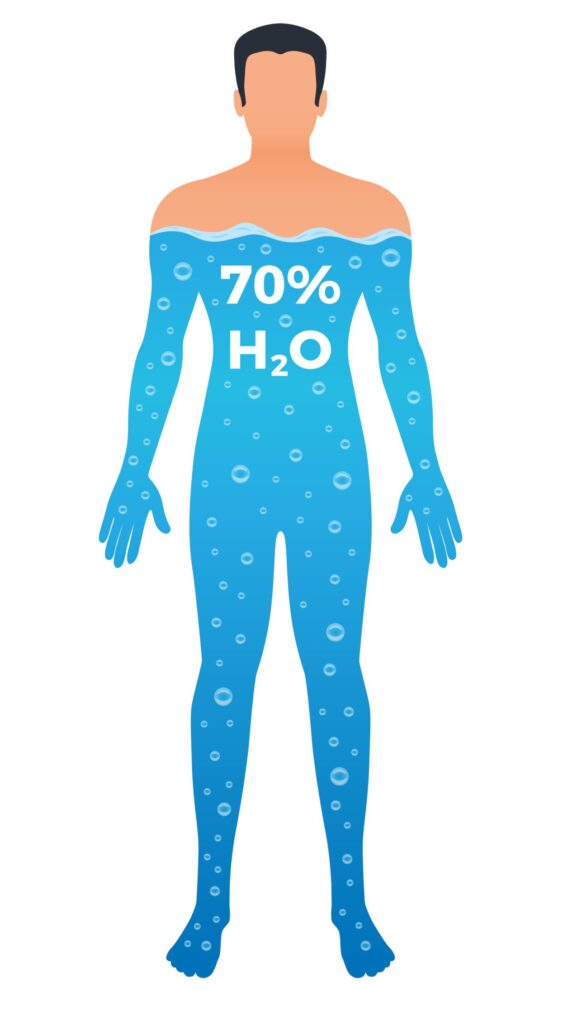
Water is crucial for everyone’s health, especially ADHDers. Water doesn’t directly treat ADHD symptoms, but it’s essential to healthy health, which might indirectly affect ADHD management:
Hydration: Everyone needs to stay hydrated, but ADHD patients benefit greatly. Dehydration causes weariness, irritation, and concentration problems, which can worsen ADHD symptoms. Hydration sustains cognitive function and may boost focus.
ADHD drug side effects: Some ADHD patients are prescribed medication. Stimulants can cause dry mouth and dehydration. Staying hydrated can reduce side effects and improve medication efficacy.
Hydration affects cognitive function. Hydration improves brain function, helping ADHD patients control their symptoms. Dehydration impairs cognition, making it harder to concentrate, organize, and decide. Dehydration can worsen ADHD symptoms including impulsivity and impatience. Hydrating may help people manage their emotions.
Sleep Quality: ADHD sufferers often have trouble sleeping. Hydration improves sleep, which is crucial for general health and can indirectly affect ADHD symptoms.
Mineral Rich Foods
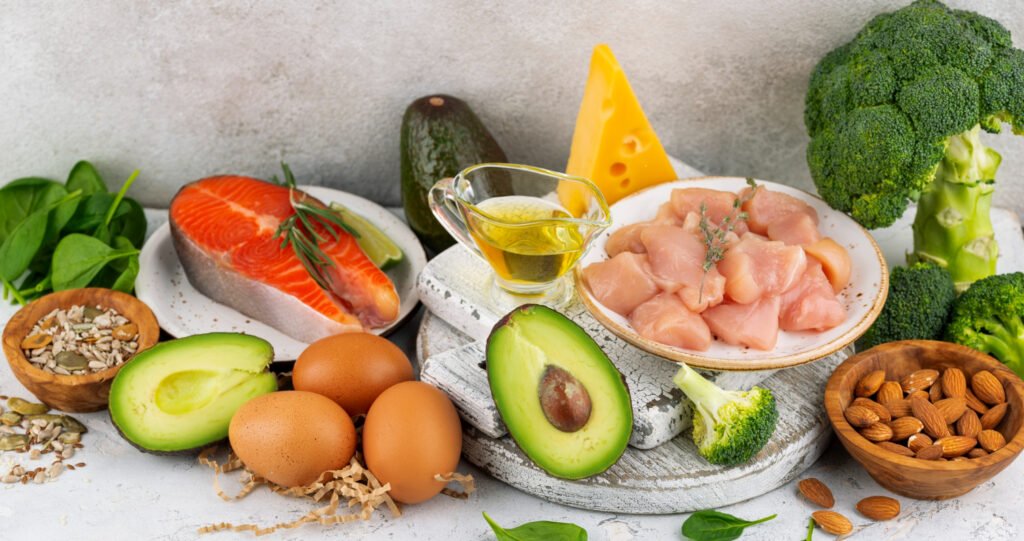
Iron and magnesium are two critical minerals that play a role in overall health, and they are sometimes advised for those who have ADHD due to the possible benefits that they could provide in managing certain parts of the illness. However, it is essential to keep in mind that despite the fact that these minerals may be useful for certain people, they are not a substitute for the medical treatment or behavioral treatments that are typically recommended for ADHD patients. The following are some possible applications of iron and magnesium:
Iron
- Production of Hemoglobin: Iron is an essential component of hemoglobin, the protein in red blood cells that is responsible for delivering oxygen throughout the body, including to the brain. Hemoglobin cannot be produced without iron.According to the findings of certain studies, both children and adults who have ADHD may have lower levels of iron or may be more likely to develop iron deficiency anemia.
- Oxygen Delivery: ensuring that the brain receives the appropriate amount of oxygen is critical to cognitive function, as well as focus and attention. It is possible that insufficient iron levels could result in cognitive issues, which may in turn make ADHD symptoms worse.
- Anemia: Anemia caused by a lack of iron can induce symptoms such as exhaustion, weakness, and irritability. These symptoms may overlap with some of the symptoms of ADHD.
Iron is important for cognitive function and attention. Include iron-rich foods like lean meats, poultry, beans, lentils, spinach, and fortified cereals in your diet.
Magnesium
- Regulation of Neurotransmitters: Magnesium is involved in the regulation of neurotransmitters, which are molecules that are responsible for the transmission of impulses within the brain. A lack of magnesium has been linked to a variety of neurological and behavioral disorders, including signs of ADHD, according to some study.
- Stress and Anxiety: Magnesium has a soothing impact on the nervous system and may help reduce tension and anxiety, which are typically co-occurring problems with ADHD. Magnesium may also help reduce hyperactivity and impulsivity in children.
- Sleep: Getting an adequate amount of magnesium in your diet may enhance the quality of your sleep. This is significant for people who have ADHD because sleep problems are rather common in this demographic.
Magnesium is known for its calming effects and may help reduce hyperactivity. Foods rich in magnesium include leafy greens, nuts, seeds, and whole grains.
You might be interested in: "The Power of Indian Food for ADHD: Expert Tips & Top Food Options"
Pic Credit for this article: Freepik
Disclaimer
The dietary recommendations in this article are based on general research. These guidelines are for ADHD patients interested in nutritional treatments. Understanding that ADHD is a complicated neurodevelopmental illness and that nutrition can affect ADHD symptoms differently for each person is crucial.These food guidelines should not substitute medical advice, diagnosis, or treatment.
A doctor or dietician should advise ADHD patients before making major dietary changes or starting a new diet. A doctor or dietician can evaluate a patient’s needs, dietary triggers, and health concerns to establish a customized treatment plan. Safety and professional supervision are essential while managing physical or mental health issues, including ADHD. The reader’s use of this information is at their own risk and does not replace medical advice, diagnosis, or treatment.
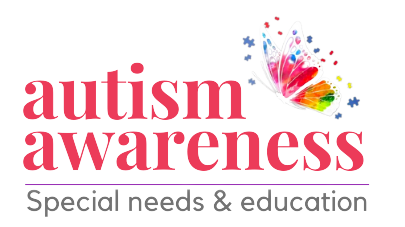
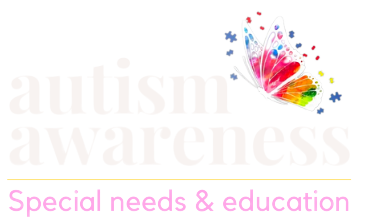

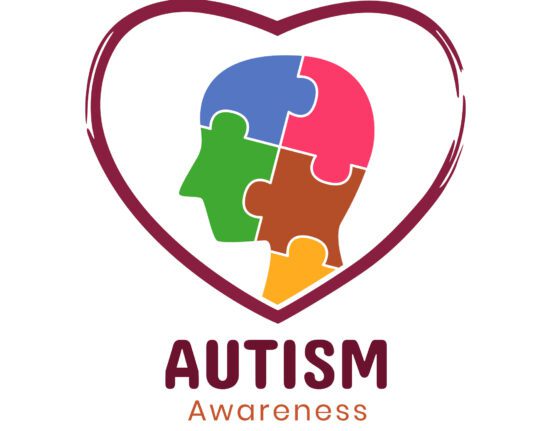







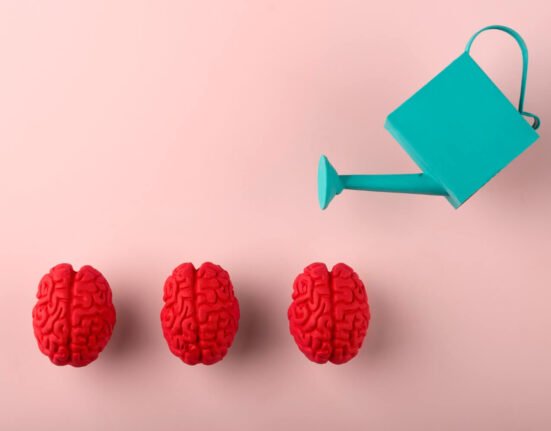


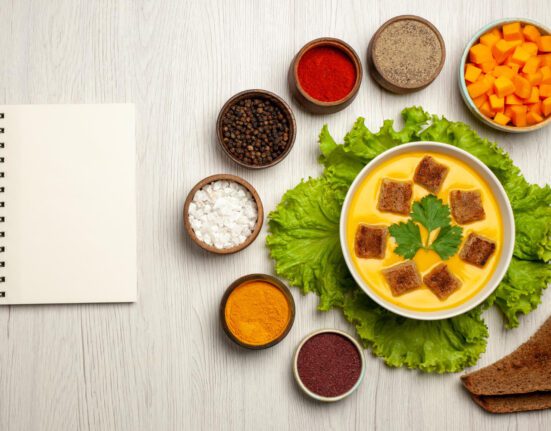

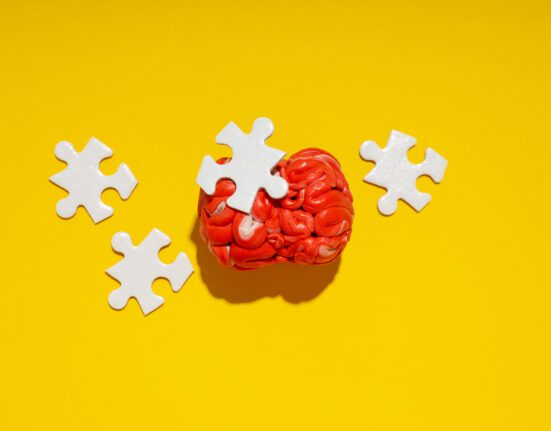
Leave feedback about this